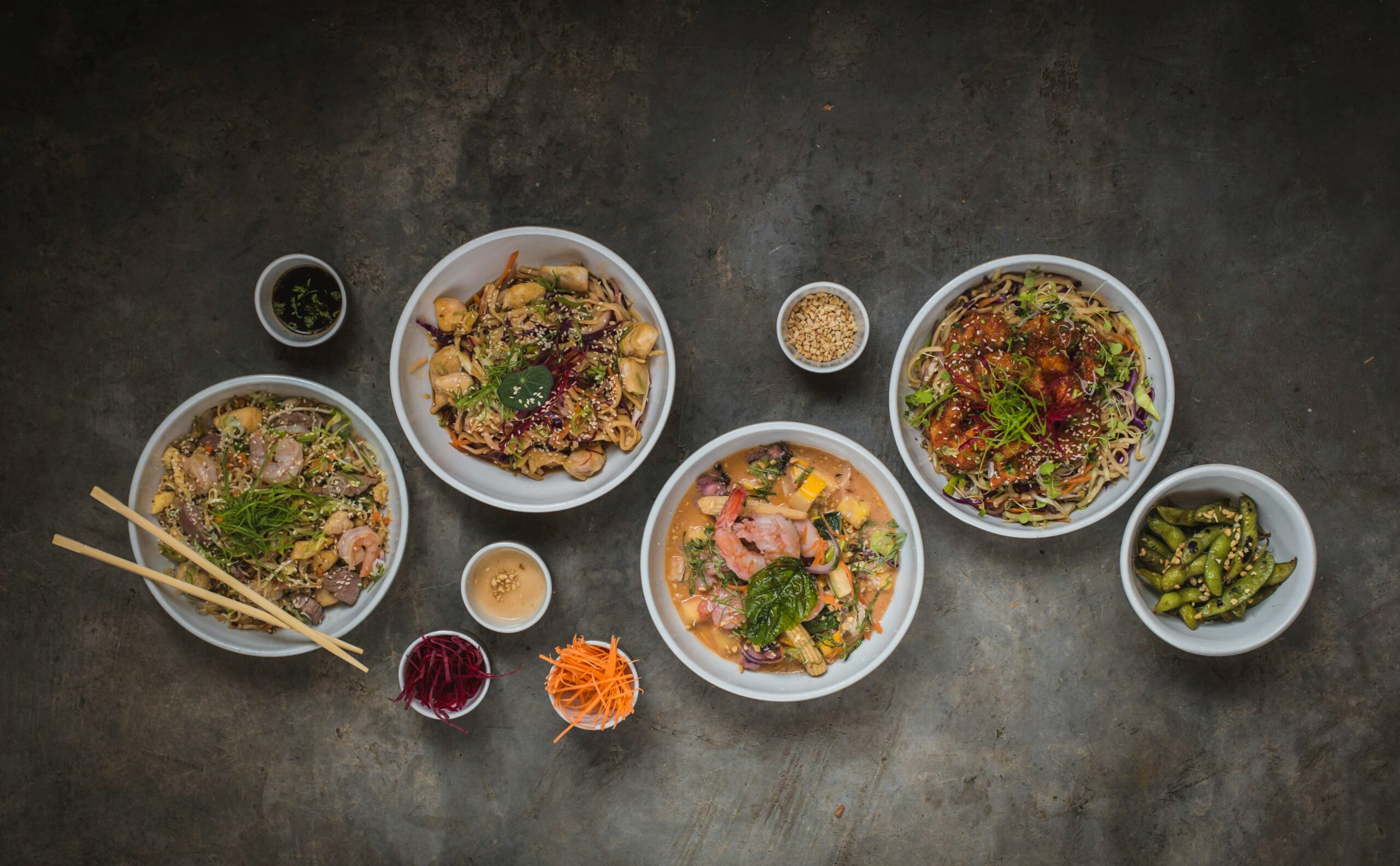
Cultural Diets: What We Can Learn from Different Culinary Traditions
Exploring cultural diets offers us a unique window into the diverse ways societies nourish themselves while preserving their heritage. Different culinary traditions not only shape our palates but also offer nutritional insights and health benefits worth considering.
Understanding Cultural Diets
Cultural diets encompass the food practices that are deeply embedded within communities and passed down through generations. These traditions are often shaped by geographical, historical, and environmental factors. For instance, the Mediterranean diet, rich in olive oil, fruits, and fish, has been linked to numerous health benefits, including reduced risks of heart disease. Similarly, traditional Japanese cuisine, known for its emphasis on fresh vegetables, seafood, and fermented foods, is associated with longevity.
Expert Insights
Nutritionist Dr. Andrew Carter-Smith notes that, “Cultural diets often emphasize whole foods and balanced nutrition, which can lead to better health outcomes.” This perspective is supported by research showing that populations adhering to their traditional diets tend to have lower rates of chronic diseases.
Statistics and Research
According to a study published in the Journal of Nutrition, individuals following a traditional Mediterranean diet experienced a 25% reduction in cardiovascular diseases. Similarly, the Blue Zones research highlights areas with the highest life expectancy, such as Okinawa, Japan, where the local diet is a significant factor.
Personal Anecdotes
Growing up in an Italian household, I observed how meals were more than just nourishment; they were a celebration of family and culture. The emphasis on fresh, seasonal ingredients and the joy of sharing food are practices that have greatly influenced my own eating habits.
Actionable Tips for Embracing Cultural Diets
- Incorporate more whole foods and fresh produce into your meals.
- Experiment with traditional recipes from different cultures.
- Focus on balance and portion control.
- Embrace the social aspect of dining with family and friends.
Comparing Different Diets
| Diet Type | Main Ingredients | Health Benefits |
|---|---|---|
| Mediterranean | Olive oil, fish, vegetables | Heart health |
| Japanese | Seafood, rice, soy products | Longevity |
| Indian | Spices, legumes, rice | Anti-inflammatory |
| Ethiopian | Injera, lentils, vegetables | Digestive health |
| Mexican | Corn, beans, chilies | Rich in fiber |
| Nordic | Root vegetables, fish, berries | Weight management |
| Middle Eastern | Grains, nuts, olive oil | Balanced nutrition |
| West African | Yams, plantains, peanuts | Energy-boosting |
Frequently Asked Questions
What is the Mediterranean diet?
The Mediterranean diet is a plant-based eating pattern that emphasizes whole grains, fruits, vegetables, fish, and healthy fats such as olive oil.
Why are cultural diets important?
Cultural diets preserve traditional food practices and often promote balanced nutrition, contributing to better health outcomes.
Conclusion: Embrace Culinary Diversity
Diving into cultural diets offers more than just new flavors; it provides insights into healthier ways of living. By embracing a variety of culinary traditions, we can learn to nourish our bodies while appreciating the rich tapestry of global cultures. So, why not start your culinary exploration today?


